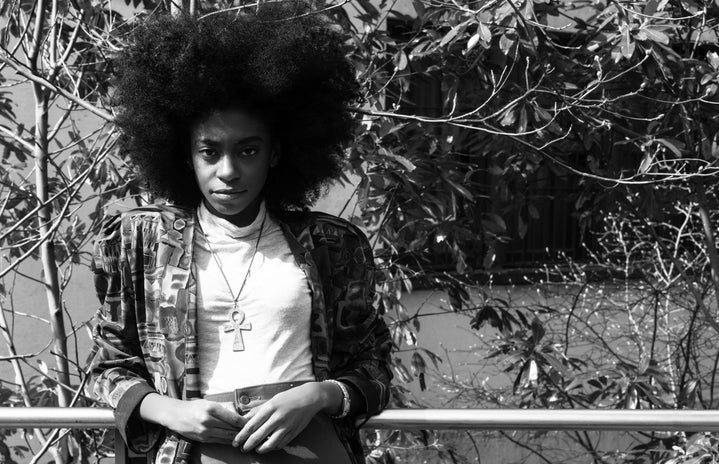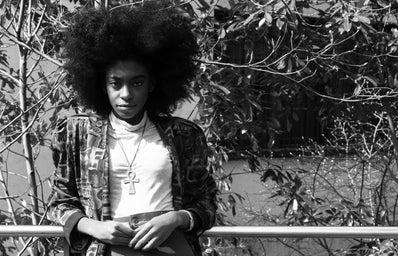What’s in a name? Shakespeare might have popularized this question, but it is the cynics and skeptics who have truly sought to answer it. Words mean nothing until people give them power. The same is true about names.
I am Josephine J. Walker, affectionately known as Jo, Jay, or JJ (if you’re really ‘bout it!) In French, Josephine translates to “God increasing.” My parents chose the name Josephine in part because the “ine/ene” runs in the family. There’s Eugene, Keenan, Jean, Ernestine and Geraldine (talk about old slave names, huh?) More importantly, my parents chose Josephine because it sounds like a white woman’s name, and they knew the weight that a white-sounding name can have in the hiring process.
Your last name represents your heritage, your legacy and your ancestors. My last name is Walker, a name of Celtic descent found commonly in Ireland, England and Wales. If you haven’t met me, hello! I’m a darkskin Black woman without an ounce of European blood in my system. Like many African Americans, my ancestors took the name of their former slave owner once they gained their freedom. I know Walker in my fathers’ hugs and my grandfather’s cooking. I know Walker in my family’s business and my dimple and smile lines. But what exactly is in this name?
A history unknown and hard to trace. Unanswered questions, a stripped heritage and missing relatives. Traditions abandoned, dresses ripped at the hip, strange fruit hanging from southern trees.

Malcolm X chose to change his name to separate himself from the slave owner who gave him his maiden name, Little. I, too, have entertained the idea of cleansing myself from my given name. James H. Walker forced my ancestors to give him years of free labor and sacrifice—why must I still carry the weight of his cruel legacy?
This mindset makes sense until it doesn’t. To change my name means to erase a part of me, to change the pattern of my family tree. Like many African Americans, I don’t know my ancestors’ nationalities or home countries. What I know is America. I know her small towns, her rolling hills, her cruelty and her mistakes. I can not say that I personally know a land of freedom and mercy, for none of my people came here willingly for prosperity and opportunity.
If I were to change my name, I would lose a piece of the only family history I have. Walker was forced onto my family, and under it, they built a business, a community, a familiar empire. If it was good enough for them, who am I to decide its unfitness for me?
We can’t choose where we come from, nor can we chose who we come from. Our history doesn’t have to define us. It may have put barriers in place to our success, but the days of shackles are gone. I am intrinsically intertwined with my name, for it holds the history of my peoples’ sacrifice and plight. Names mean nothing until we assign them one. I chose to name myself a living success story; a testament to the perseverance and hardships my family has faced. I chose to name myself victorious, a physical manifestation of my ancestor’s wildest dreams.



